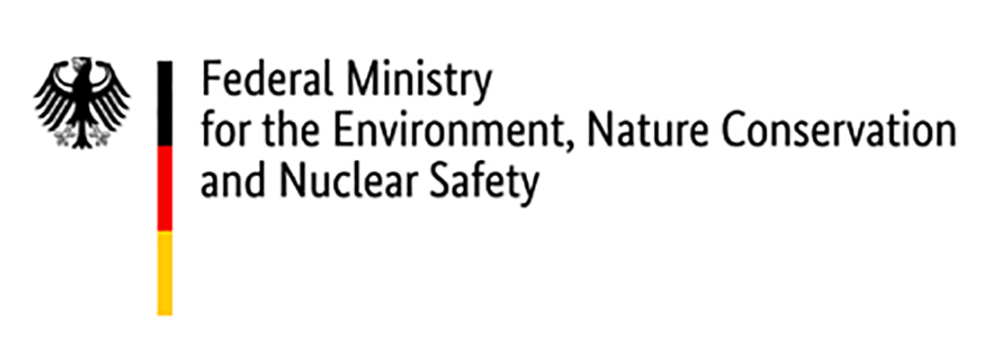We want to raise awareness of the importance of State aid decisions for decarbonisation and the need for consistency to ensure that market forces work in support of decarbonisation and the energy transition.
We analyse whether recent State aid decisions are consistent with decarbonisation objectives and the energy transition. We use case studies to engage with decision-makers and stakeholders.














